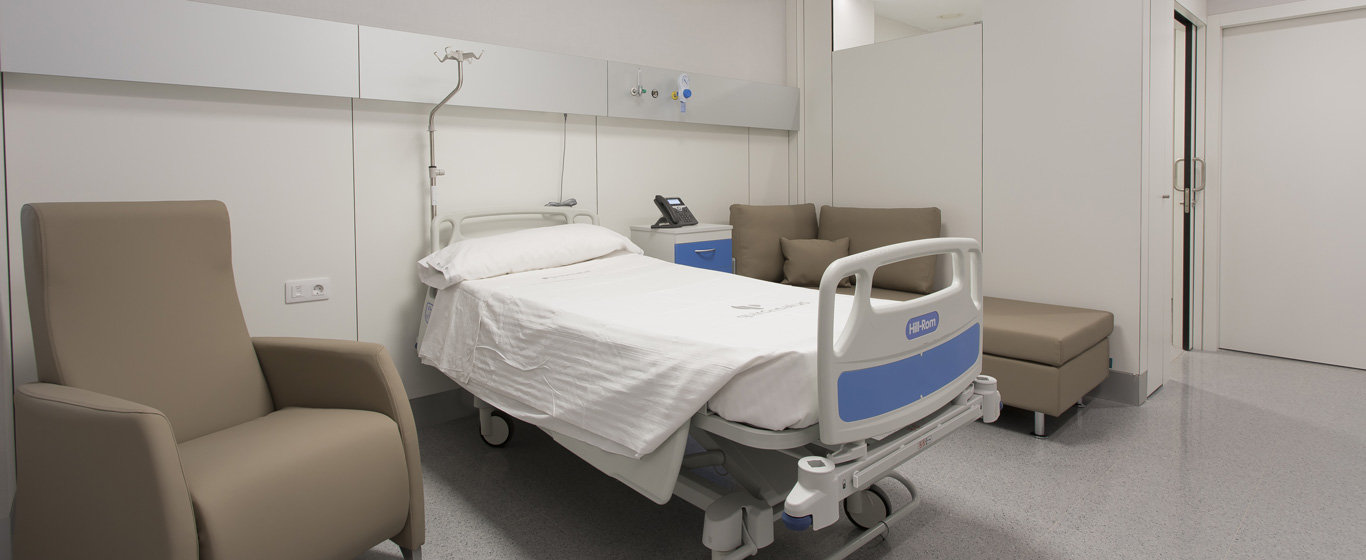Constipation
What is the best diet for constipation? Information on its causes, symptoms, and the best remedies to fight it.
Symptoms and Causes
Constipation refers to a decrease in the frequency of bowel movements (stools). Since each person has different bowel habits, it is not easy to determine what constitutes an abnormal frequency. However, constipation is typically discussed when there are fewer than three bowel movements per week.
The frequency and texture of stool can vary greatly during childhood, so constipation in babies and children is usually defined by the texture and hardness of the stool, as well as difficulty passing it.
When constipation is temporary, it is often enough to change habits to remedy it. If it persists over time, it is necessary to diagnose and treat the underlying condition causing it. In cases where it becomes chronic and leads to abdominal pain or blood in the stool, it can become severe constipation that requires proper treatment by a healthcare professional.
Symptoms
The most common symptoms of constipation are:
- Less than three bowel movements per week.
- Hard, dry, or lumpy stool.
- A feeling that not all stool has been passed.
- Painful bowel movements.
- Abdominal bloating.
- In severe cases, blood in the stool.
In babies and children, signs of constipation include:
- No bowel movements for two or three days longer than usual.
- Excessively large stools.
- Hard stools causing pain. When this happens, children may try to withhold stool, worsening the problem.
- Liquid or pasty traces on underwear.
Causes
The most common causes of constipation are:
- A diet low in fiber.
- Insufficient fluid intake.
- Sedentary lifestyle.
- Not going to the bathroom when the urge is felt.
- Certain diseases like diabetes, hemorrhoids, multiple sclerosis, or thyroid conditions.
- Certain medications for pain, hypertension, or depression.
- Pregnancy.
In children, constipation can also be caused by:
- Changes in diet, such as the transition from breast milk to formula or the introduction of solid foods.
- Excessive dairy consumption.
- Environmental and psychological factors, such as feeling embarrassed to go to the bathroom at school or in public places.
Risk Factors
The likelihood of developing constipation increases in the following cases:
- Older age.
- Female gender.
- Low fluid intake.
- Low fiber intake.
- Infrequent exercise.
- Mental health conditions.
Complications
Some consequences of persistent constipation are:
- Anal fissures.
- Hemorrhoids.
- Rectal prolapse: when the rectal tissue protrudes from the anal opening.
- Fecal impaction: hard stool that accumulates in the rectum.
Prevention
Some remedies to prevent constipation include:
- Drink more than two liters of fluids daily to maintain proper hydration.
- Increase fiber intake in the diet: fruits, vegetables, cereals, legumes.
- Exercise regularly.
- Do not delay the urge to defecate.
- Take enough time to fully evacuate the bowels.
- Try to maintain a routine with regular bathroom breaks.
Which doctor treats the constipation?
In mild cases, family doctors and pediatricians treat constipation. In severe cases, gastroenterologists and specialists in the digestive system intervene.
Diagnosis
During the anamnesis, the specialist inquires about the patient's eating habits, lifestyle, health status, and medications. Additionally, a physical examination is performed, which includes:
- Palpating the abdomen.
- Examining the tissue and muscle strength of the anus, both externally and internally.
When it is necessary to determine the cause of constipation, other tests may be conducted:
- Blood tests: to assess the patient's health and detect certain diseases.
- Colonoscopy: a flexible tube with a camera at the end is inserted through the anus to check the condition of the rectum and colon.
- X-rays: to show stool accumulated in the colon.
- CT scan or MRI: to provide images that help determine the pathology causing constipation.
- Colorectal transit study: both the study of radiopaque markers and scintigraphy show the time it takes for certain substances to pass through the colon.
Treatment
Home remedies are usually sufficient to remedy constipation when it is mild. Common recommendations include:
- Increase fiber-rich food intake.
- Drink at least two liters of liquids daily, preferably water.
- Avoid a sedentary lifestyle.
When changing habits does not yield results, other treatments may be used:
- Laxatives: medications that promote intestinal transit.
- Suppositories: medication administered rectally.
- Enemas: introduction of water or lubricating and stimulating medication into the rectum to facilitate stool evacuation.
- Surgery: necessary when constipation is caused by abnormalities in the rectal or colon tissues.
In infants, the following practices are effective:
- Massaging the abdomen in a clockwise direction.
- Flexing the legs and moving them in circles to strengthen the abdominal muscles.
- Teaching healthy bowel habits.
- Stimulating the anus to trigger the defecation reflex.

































































































